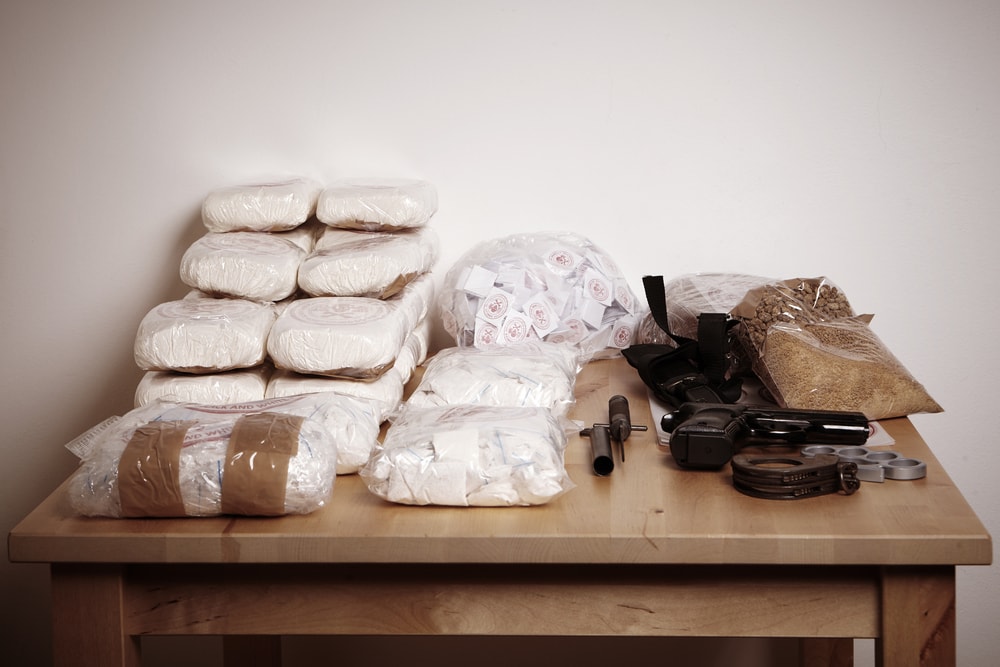

Drug possession constitutes the vast majority of non-violent drug arrests. From marijuana and cocaine to heroin, any illegal narcotic found to be in your possession constitutes probable cause for a drug arrest. There are different types of possession charges, and among them, the most often misunderstood is constructive possession.
With a better understanding of constructive possession, you can best determine how to preemptively avoid facing these charges. And you can understand the importance of finding an experienced drug possession attorney in Louisiana.
Understanding Drug Possession in Louisiana
In a legal context, “possession” doesn’t just apply to illegal substances. It can be used to make reasonable conclusions as to the ownership of a weapon or other kinds of contraband.
There are three types of possession commonly used by law enforcement officers:
- Simple possession: Simple possession is a term for having contraband on one’s person, where it can be reasonably assumed that the person was in full control and knowledge of the presence of it. Example: having a baggie of cocaine in your pocket.
- Joint possession: Joint possession means it could be reasonably assumed two or more people had reasonable knowledge and control of contraband. A good example is two subjects arrested in a vehicle, one sitting in the driver’s seat, the other in the passenger’s seat. Upon searching their vehicle, drugs are found in the center console. Both could be charged with joint possession of the drugs.
- Constructive possession: Often misunderstood, constructive possession is related to having full knowledge and control over the contraband. It doesn’t necessarily have to be on one’s person to constitute constructive possession. Example: a subject keeps a book on his shelf with a secret compartment where drugs are hidden. Because the subject is the only person with knowledge that this compartment exists, if the stored drugs are found, the subject would be charged with constructive possession.
Among these three types, constructive possession is often speculative because knowledge of the existence of a given substance is difficult to prove in a court of law.
Deconstructing Constructive Possession
Because constructive possession is a crime that’s dependent largely on circumstantial evidence, it’s a difficult charge to prove in court. When someone is arrested, it simply means that law enforcement had enough probable cause to reasonably assume you were guilty of committing a particular crime.
Here’s why an arrest for constructive possession doesn’t automatically result in a conviction:
- Probability Alone: Probable cause is based on probability alone. A lawyer can show the probability alone doesn’t justify a conviction.
- Connect the Dots: A law enforcement officer will have to connect the dots on-scene to make a constructive drug possession arrest. Unless you spontaneously utter your knowledge of the presence of contraband, law enforcement has to do a more in-depth investigation to prove you were aware of its existence.
- An Experienced Constructive Possession Lawyer: Experienced constructive possession lawyers know how to poke holes in the prosecution’s argument. Hiring an experienced drug possession lawyer means your legal battle definitely isn’t over.
Fight Constructive Drug Possession Charges
Attorney Eric Johnson of the John D. Johnson & Eric G. Johnson Law Firm has more than 24 years of experience defending those accused in state and federal constructive drug possession cases. No matter what charges you’re facing, you deserve a strong legal defense.
Let our experienced team fight for you in court. To schedule a free case review, call us at 24/7 at 318-377-1555 or complete our online contact form today.
